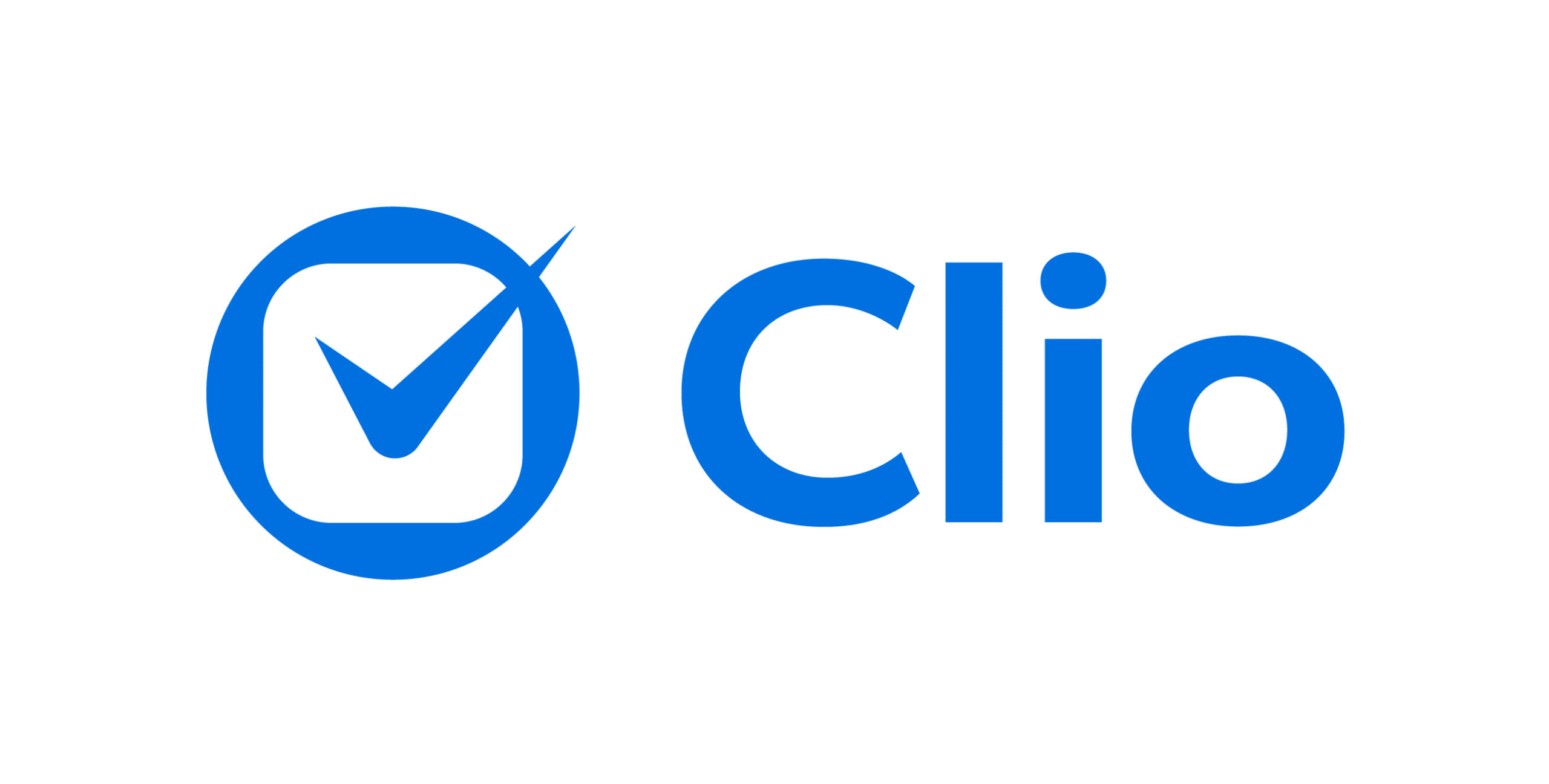- A comprehensive analysis of the issues shaping the legal profession
- Diving into the critical areas of technology adoption
- Pricing models
- Client engagement
- Law firm spending strategies
This latest report unveils valuable insights that can guide law firms in making data-driven decisions to boost their practice and improve client experiences.
The report highlights a growing disconnect between firms’ operational focus and where they could make the most impact. Across the board, legal professionals — from partners to administrative staff — dedicate time to tasks that may not drive as much value as they could.
Meanwhile, clients wait for responses or cannot engage with firms through modern communication and payment options. Clio’s findings illustrate the urgent need for firms to streamline operations, prioritise client preferences, and consider technological advancements to bridge these gaps.
AI adoption is here to stay
One of the most striking findings is the rapid acceleration of AI adoption in the legal sector. In just one year, the percentage of firms using AI surged from 19% to an impressive 79%, with 25% of firms adopting it widely or universally. AI is no longer a tool for early adopters; it’s the new normal in legal practice, assisting with everything from document review to data analysis.
Clients are not only receptive to AI but increasingly prefer to work with firms that embrace it. The fact that nearly half of the prospective clients prefer AI-enabled firms underscores the urgency for firms to adapt. This preference signals that AI’s perceived efficiency and effectiveness are critical to client decision-making. As AI technology becomes more sophisticated, firms must consider its potential to streamline tasks, enhance client services and ultimately create a competitive edge.
Reconsidering billing models in light of automation
AI’s potential to handle repetitive, time-consuming tasks also prompts a reassessment of traditional hourly billing. The report highlights that as much as 74% of billable work performed by lawyers — such as data entry, research and document drafting — could be automated. This shift could result in diminished revenue for firms that rely heavily on hourly billing as less time is spent on billable tasks. However, it also opens up the potential for firms to focus on higher-value work, enhancing their services and client satisfaction.
In response, many firms are shifting toward fixed-fee billing, which aligns with the potential efficiencies AI can bring and improves client satisfaction. Fixed fees allow firms to offer predictable pricing, an option 71% of clients prefer. As firms navigate this new era of automation, those that adopt fixed-fee billing may find themselves better positioned to retain revenue while improving client relations. Prioritising client satisfaction is not just a trend, but a necessity for firms to thrive in the future.
Investing in technology and marketing to drive profitability
The report also reveals that high-performing firms invest more heavily in technology and marketing than ever. Firms that allocate resources toward these areas enjoy higher utilisation rates and profit margins. Specifically, the report notes that firms with above-average productivity spend 12% more on software and 41% more on marketing, leading to a 21% boost in profitability.
This trend underscores the importance of technology as a driver of efficiency and profitability. From client intake solutions that streamline communication to software that automates administrative tasks, firms that embrace digital tools can expect improved operations and enhanced client satisfaction.
Challenges in client communication and intake
Another critical insight from the report is the continued challenge of effective client communication. A third-party study commissioned by Clio found that less than 40% of firms responded to email inquiries, and only 40% answered phone calls. For potential clients, this lack of responsiveness can be a major deterrent.
Firms that struggle with timely responses may benefit from implementing client intake technology, such as Clio Grow. This technology can streamline communication and help ensure every inquiry receives a prompt reply. The report highlights that firms using advanced client intake tools see a 51% increase in client leads and a 52% boost in revenue, demonstrating that small improvements in responsiveness can yield significant business results.
The path forward
Embracing change in the legal industry is no small feat, but the data shows that firms willing to adapt are better positioned for success. From integrating AI into daily operations to adopting client-friendly billing models, firms can make incremental improvements that will have a lasting impact. Today, agility often defines success — being ready to adopt new practices that improve productivity and client satisfaction.
Law firms must rethink how they operate, bill, and engage with clients to stay competitive. The latest Legal Trends Report offers a valuable roadmap for legal professionals looking to future-proof their practices in a rapidly changing landscape. Explore the full report to uncover insights on the state of legal practice and discover strategies for long-term growth and client satisfaction.





